Slovenia
Slovenia is one of the founding members of Promote Pollinators.
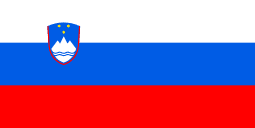
Why did Slovenia decide to join the coalition?
Wild pollinators are an important part of biodiversity. They pollinate a large share of plants in agriculture and in nature. Beekeeping is an important tradition in Slovenia, therefore a basic level of awareness of the significance of bees is present. People foster a high degree of positive feelings about the role of bees, but lack awareness on the role of wild pollinators. In response to the alarming report by the IPBES in 2016 on global pollinator decline, Slovenia supported the formation of the Global Coalition for the Promotion of Pollinators as one of the founding members.
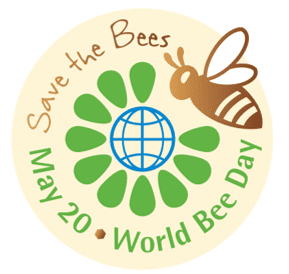
The situation in Slovenia – current status
In Slovenia we have strived to protect wild pollinators in the past as per the EU pollinator’s initiative. In the last years we began improving knowledge of pollinator decline, tackled some of its causes, and raised awareness in the form of various activities. In 2011 we prohibited the use of certain pesticides harmful to bees as the first EU country to do so. Furthermore, the United Nations proclaimed 20 May as World Bee Day following our proposal. This initiative has received international recognition and media attention, raising awareness in beekeeping and wild pollinators conservation.
Initiatives for pollinator protection in Slovenia
Based on the initiative of the Ministry of the Environment and Spatial Planning in co-operation with the Ministry of Agriculture, Forestry and Food, a study on wild pollinators has been underway since 2019. The project is led by the National Institute of Biology with the aim of developing wild bee monitoring in Slovenia. It will study the conservation status and trends of wild bees in selected regions of Slovenia and deliver an effective scientific method for obtaining quality data for long-term monitoring of the wild pollinators’ conservation status. Monitoring is currently taking place in five regions with a total of 50 test sites. Based on the acquired knowledge, targeted and effective measures could be implemented in the future to help the threatened populations in the field.

The lead of the project at the National Institute of Biology, dr. Danilo Bevk, PhD, explains: ‘The best known pollinator is the honey bee, but an important part is also done by wild pollinators. So far, as many as 571 species of wild bees have been found in Slovenia, of which 35 species of bumblebees. Hoverflies, butterflies and other insects are also important pollinators. Compared to Western Europe, the diversity of pollinators is still relatively high. Unfortunately, pollinator populations are declining in Slovenia due to changes in the environment. With monitoring, policy and measures, Slovenia still has the chance to halt the decline and become an example for protection of pollinator populations, ensuring reliable pollination in agriculture and preserving biodiversity’.
(Photo by Danilo Bevk)
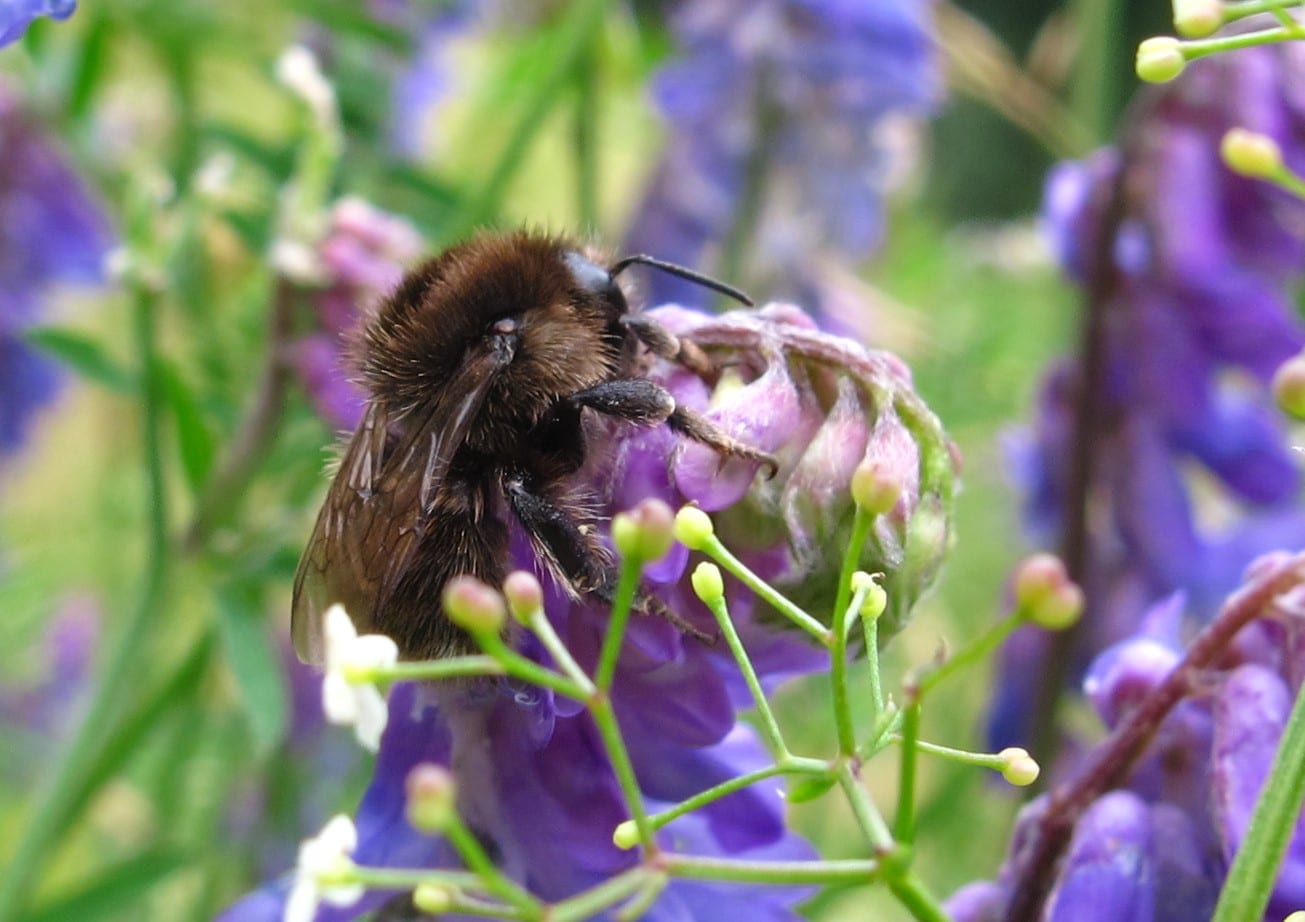
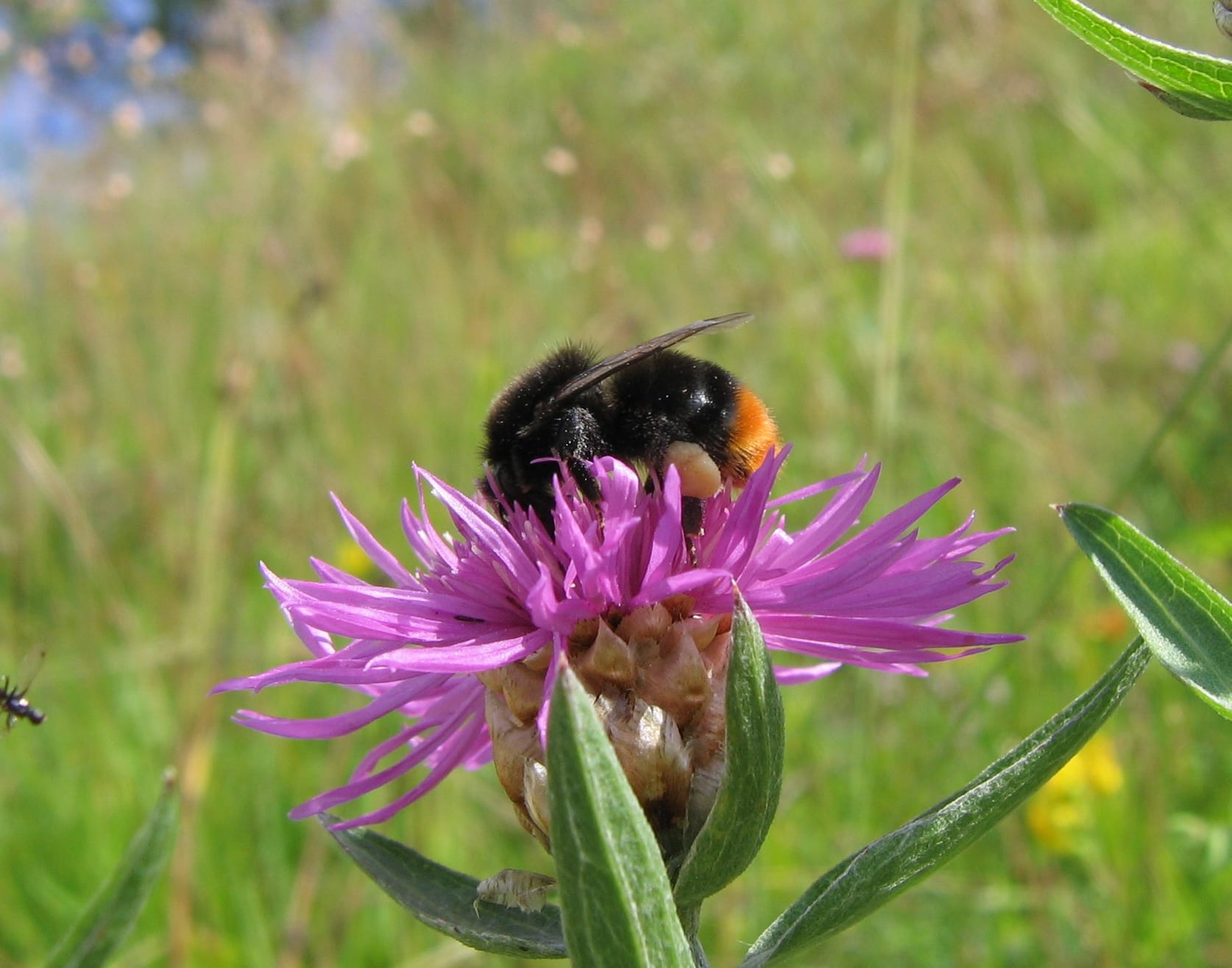
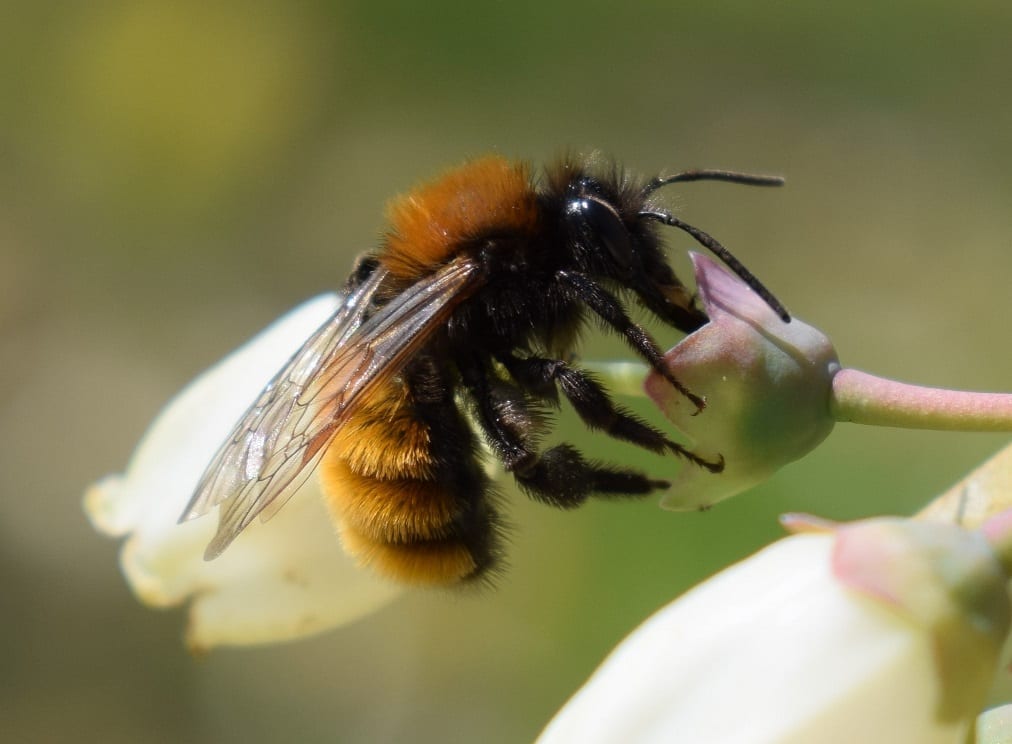
Various wild pollinator specimens in Slovenia, from left to right: brown-banded carder bee, red-tailed bumblebee and Tawny mining bee (Photos: Danilo Bevk – first two, Blaž Koderman – third)
In the last years, Slovenia has indirectly supported the improvement of wild bee habitats through public service and projects in nationally designated protected areas and Natura 2000 sites. These areas represent over 40% of Slovenia’s territory, which is the highest share per country in the EU. Projects of improving habitats for Natura 2000 species are financed by the European Regional Development Fund and by LIFE integrated project. Examples of measures in place aimed at raising visitors’ awareness and implementing nature friendly gardening practices in protected areas are presented below.
1. Kozjansko Regional Park
Kozjanski Regional Park is well known in Slovenia for traditional high-trunk meadow orchards as well as dry grasslands, both extremely important for biodiversity. Meadow orchards were typically planted on agricultural land of lesser quality, but are now no longer economically interesting. Dry grasslands in the mountainous areas of the park have been compromised due to overgrowing, intensive farming and excessive cattle grazing. Pollinators play a crucial role in both ecosystems. Since 2003 the park has been actively working at improving their status by giving lectures and installing wooden dwellings for solitary bees.
An example of good practice was the project organised to boost pollinators of fruit trees. It focused on solitary bees, whose population has been plummeting in the last years. The park has been educating adults and children about their importance in nature. Activities to build nest boxes have become a popular go-to activity during youth summer camps and school outings, constructing over 500 nest boxes in total. Together with knowledge of their ecological role, the nest boxes were taken home by the visitors and installed throughout the region. The majority of nest boxes attracted wild bees and boosted the growth of tasty fruit for humans and animals.
(Photo by Kozjankso Regional Park Archive)
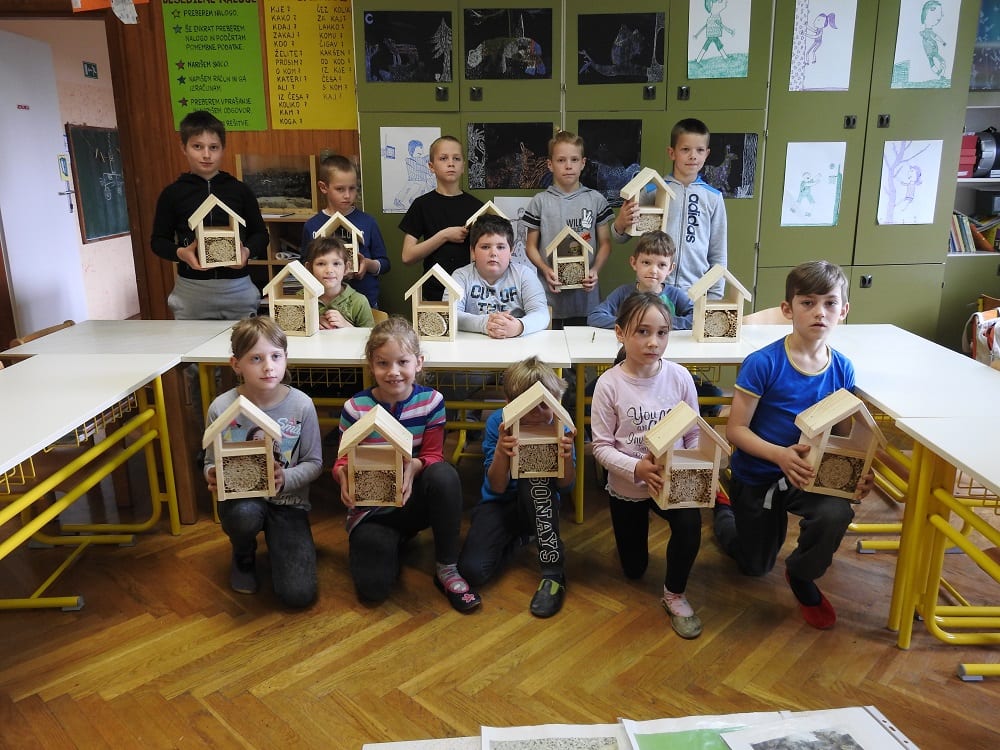

2. Tivoli, Rožnik and Šiška Hill Landscape Park
In Slovenia’s capital Ljubljana, a step away from the old town centre, lies the frequently visited Tivoli, Rožnik and Šiška Hill Landscape Park. The park includes 41 extensive meadows and strives for a measure called ‘late mowing’. Late mowing allows plants a chance to flower thoroughly, extending nectar availability as well as permitting the plants to shed seeds. This eventually causes the meadows to restore a more diverse range of flowers, increasing the range of nectar sources for different pollinators. Besides late mowing, the park prides itself with the ‘čebelnik’, a home for solitary bees which has an educational purpose as well.
(Photo by Luka Šparl)
What are Slovenia’s expectations for the future?
As the proponent of World Bee Day, Slovenia aims to be a role model regarding the conservation of pollinators. In the future, we will strive to enhance the conservation of wild pollinators in particular in the Natura 2000 network and protected areas.
Slovenia thus far has not drafted an independent strategy for the conservation of wild pollinators. We have incorporated conservation measures into existing nature conservation strategic documents, such as the National Environment Protection Programme 2030 and the Natura 2000 Management Programme that are beneficial for pollinators. In the near future a new Common Agricultural Policy (CAP) Strategic plan for the 2022-2027 period will be adopted, in which wild pollinators and their pollination services will be included as well. In the CAP, interventions using pollinator friendly management practices will be defined arising from the SWOT Analysis and Needs Assessment.
With these measures we will acknowledge the positive impact wild pollinators have on the society and improve their conservation status.
Tips for other members
The UN World Bee Day, initiated by Slovenia, aims to highlight the importance of pollinators, acknowledge the threats they face and recognize their contribution to sustainability. Slovenia warmly encourages other members to help us raise public awareness of wild pollinators by organising activities within this initiative.
Do you want to know more about Slovenia’s efforts? Or do you want to get in touch?
For more information reach out to Katarina Zeiler-Groznik (Katarina.zeiler-groznik@gov.si).
